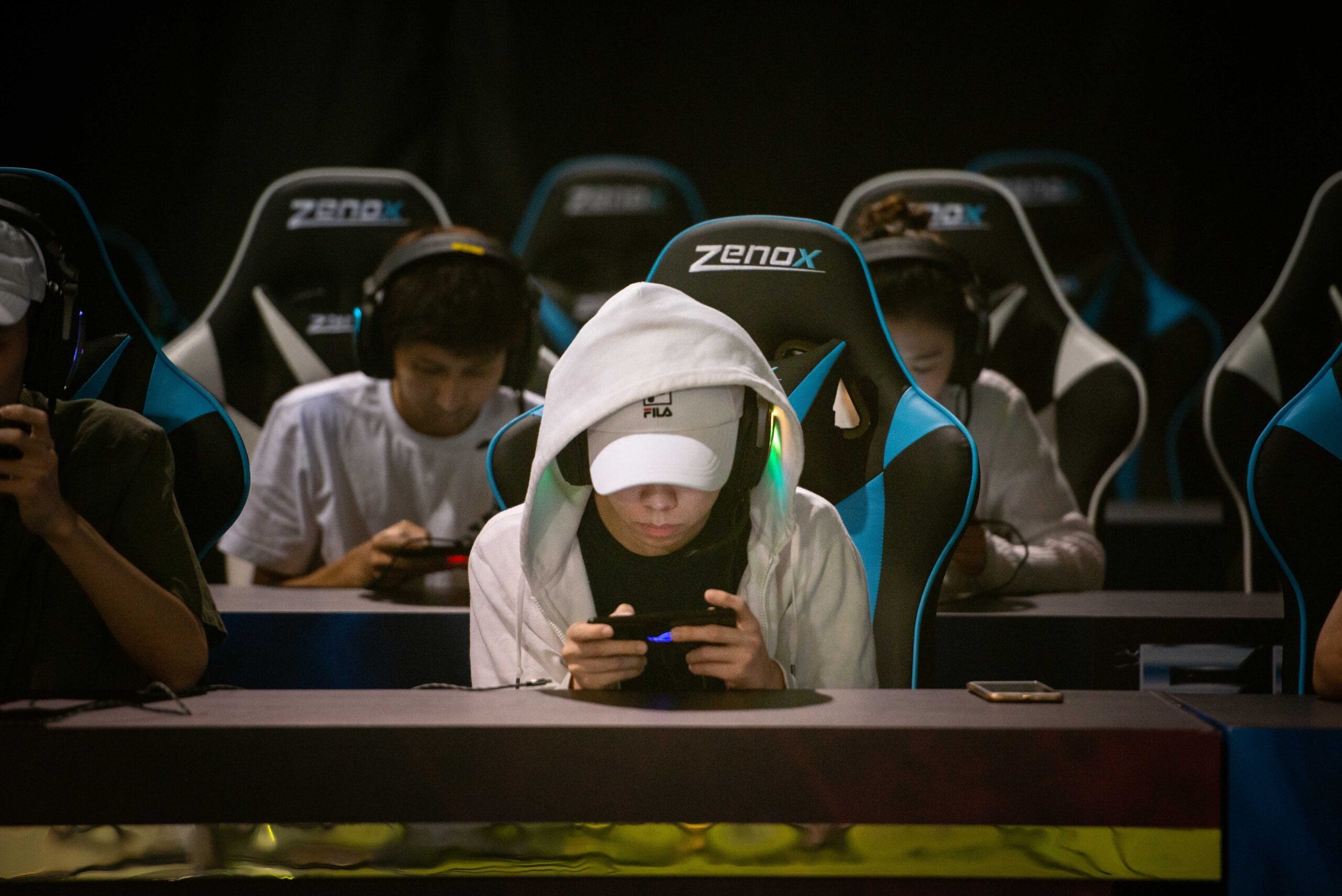
China’s top media regulator issued a new ruling limiting gaming time for players under 18 to one hour a day between 8 pm and 9 pm only on Fridays, Saturdays, Sundays and public holidays. The move marks China’s most stringent measure yet to tackle gaming addiction and led to a slump in share prices for gaming companies such as Tencent.
The General Administration of Press and Publication (GAPP) formally issued a ruling on Monday aimed at combating gaming addiction among young people, which it says has an adverse impact on both the physical and mental health of minors.
The GAPP said that gaming companies are the main entities responsible for curbing gaming addiction. According to the statement, the organisation will increase the frequency and intensity of inspections to ensure that businesses adhere to the new rules.
Earlier this month, the state-affiliated media source Economic Information Daily foreshadowed the crackdown on the gaming industry, calling it “spiritual opium”.
In order to implement the new restrictions, game companies will have to leverage a real name-based registration system. Tencent, China’s largest gaming company, started using this system to limit playtime on its popular game, Honor of Kings, in 2018.
In 2019, the company began limiting playtime for minors to no more than 90 minutes each day and three hours on public holidays.
Tencent also started deploying so-called Midnight Patrol facial recognition to stop minors from breaking curfew. This technology scans players’ faces when they log in after the cut-off time. If the face matches the correct government ID, the player can continue. If not, or the player does not consent to the scan, they are kicked off the platform.
Following the release of the new rules, gaming companies saw their share prices shrink.
Shares in Tencent, the world’s largest gaming firm by revenue, slid 3.6% in Tuesday trade, Reuters reported. The stock had lost almost 5% since the Economic Information Daily article was published on August 3.
US-listed NetEase fell 3.4% in overnight trade, with its Hong Kong shares down by a similar amount on Tuesday.
Tencent Games released a statement on Monday saying that “since 2017, Tencent has continued to explore and apply various new technologies and new functions around the protection of minors. Next, Tencent will strictly abide by and actively implement the authorities’ latest requirements.”
Analysts pointed out that the hit to gaming stocks was relatively measured, given that children do not provide much revenue for gaming companies. However, in the long term, tougher regulations may erode the country’s player base.
Upon hearing the news, many young people expressed their anger on Chinese social media. One user wrote on Weibo, a Chinese Twitter-like microblogging platform:
“This group of grandfathers and uncles who make these rules and regulations, have you ever played games? Do you understand that the best age for e-sports players is in their teens?” as reported by Reuters.
According to GlobalData’s thematic research, Tencent is one of the primary industry leaders in gaming and e-sports.







